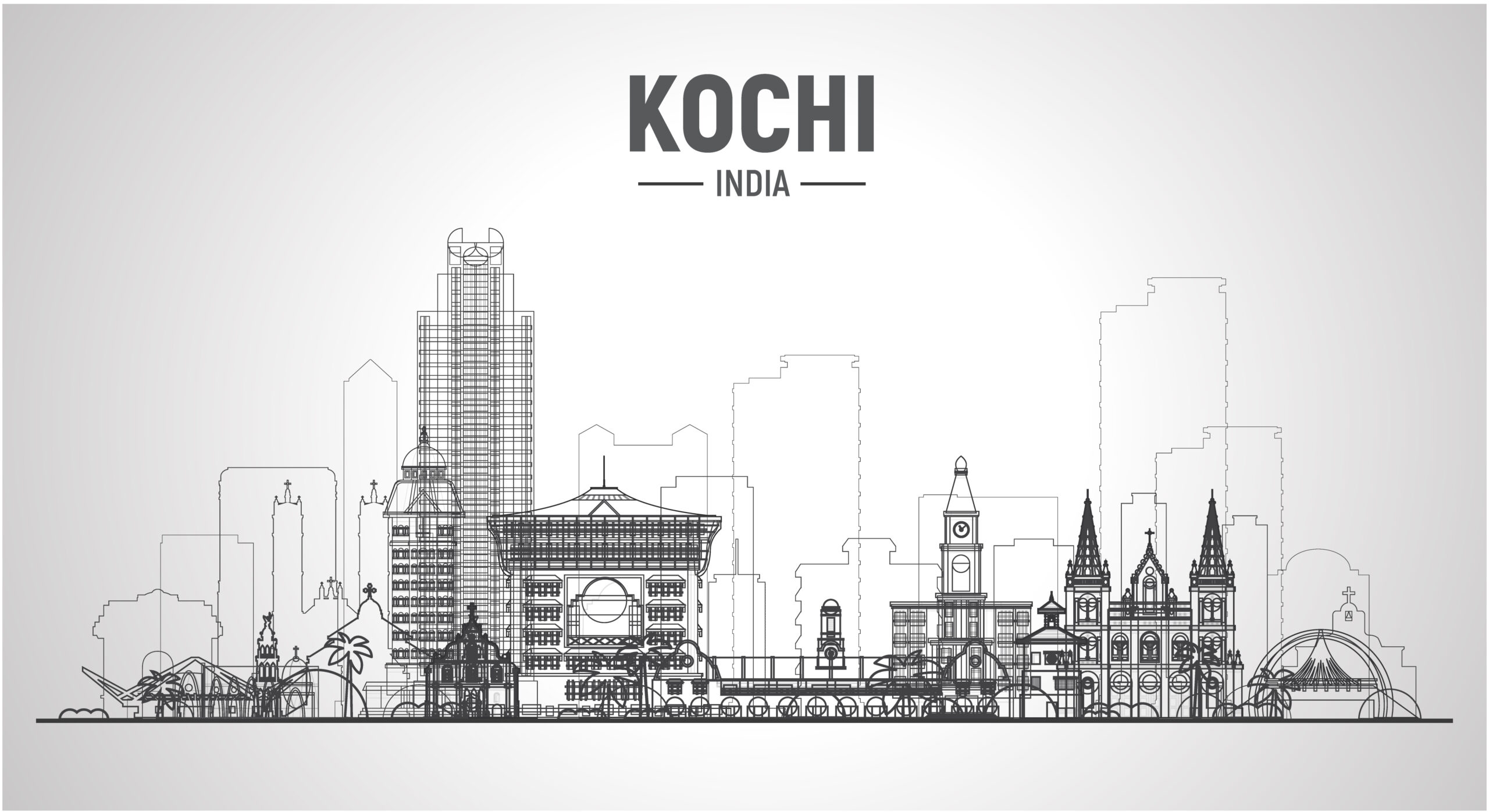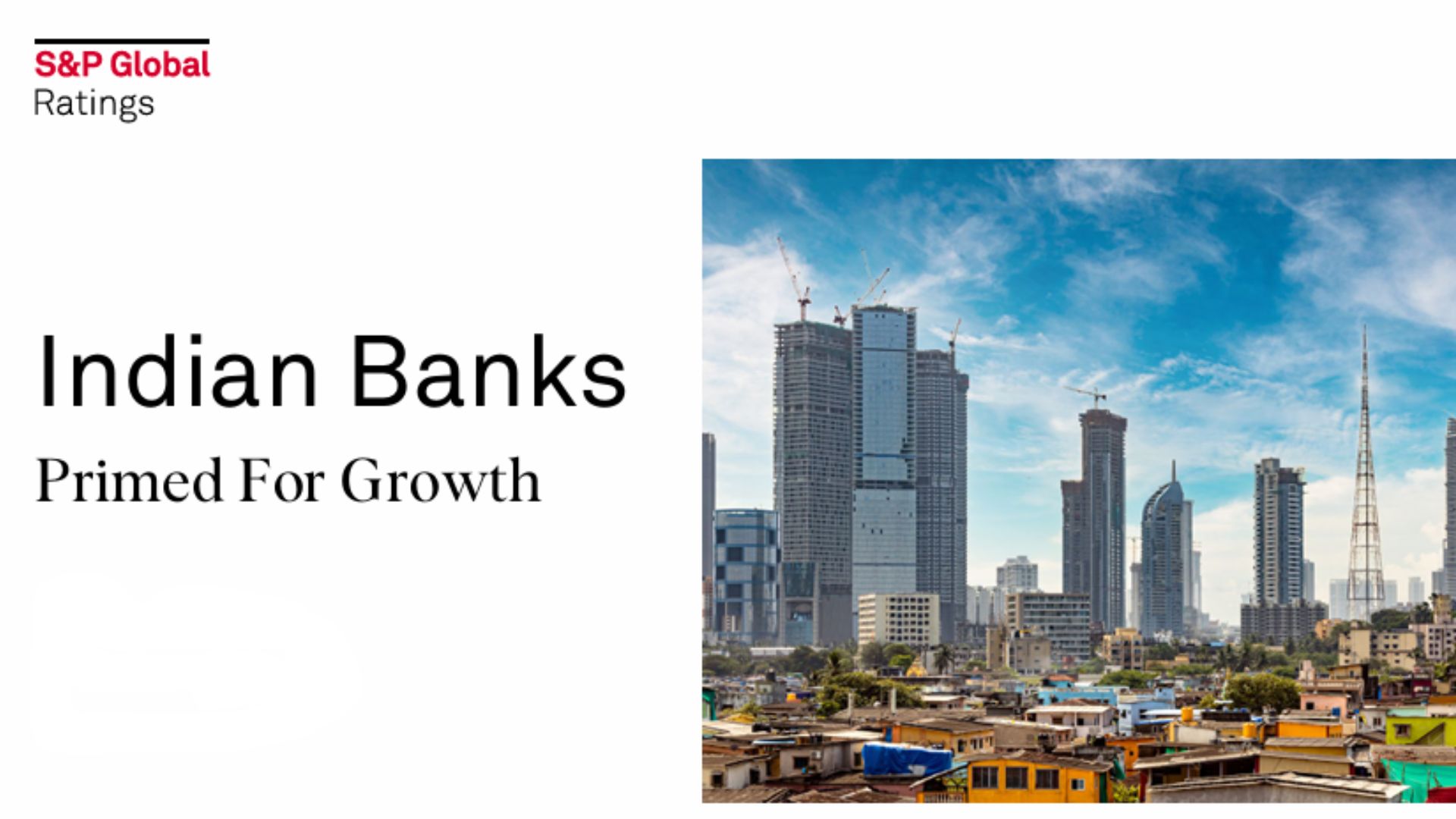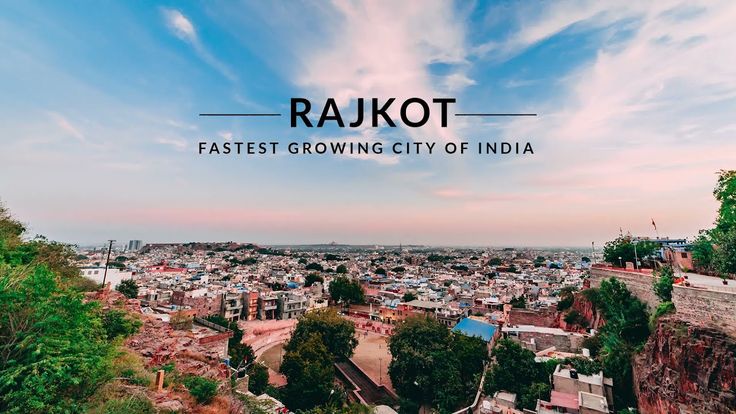Charting New Routes: Trends That Will Define SME Growth in Tourism

As the world’s fastest-growing major economy, India is set to maintain its growth momentum in 2025, creating ripple effects across its hospitality landscape. This rise will be driven by two powerful forces: a rapidly expanding domestic market with increasing appetite for premium experiences and growing international recognition of India as a leading travel destination.
India’s outbound passengers are expected to reach the 39-million mark by 2028, according to global travel technology company Travelport. This translates to an annual growth of 8% every year from 2023.
Travelport’s global managing director Mark Meehan recently said, “In 2023, India saw 2.6 billion domestic trips, generating around $105 billion in travel spend. Outbound travel exceeded pre-Covid levels.” Meehan said that the share of Indian airlines in international traffic has increased from 35% before the pandemic to 46% now.
The Indian travel, tourism and hospitality sector is poised for big changes in 2025, presenting numerous opportunities for Small and Medium-sized Enterprises (SMEs). The SME ecosystem in the Indian travel & hospitality industry comprises tour operators, MICE companies, travel agents, hotels and rental homes, travel vendors, technology enablers and many more such smaller enterprises.
Here are the top 10 trends shaping the industry for the SMEs in the Indian travel & tourism industry:
Rise of Bleisure Travel: The blending of business and leisure travel is becoming increasingly popular, with professionals extending work trips for leisure purposes. SMEs can capitalize on this by offering tailored packages that cater to both business needs and leisure activities.
Sustainable and Eco-Tourism: Travelers are showing a growing preference for eco-friendly and sustainable travel options. SMEs can attract this segment by adopting green practices and promoting eco-tours that highlight India’s natural beauty.
Expansion into Tier 2 and 3 Cities: With over 70% of new hospitality supply concentrated in Tier 2 and 3 cities, there is a significant opportunity for SMEs to establish a presence in these emerging markets, catering to the increasing demand for quality accommodations and services.
Adoption of Artificial Intelligence (AI): AI is transforming various aspects of the hospitality industry, from revenue management to personalized guest experiences. SMEs can leverage AI-driven tools to enhance operational efficiency and customer satisfaction.
Focus on Authentic and Offbeat Experiences: Travelers are seeking unique and authentic experiences beyond traditional tourist hotspots. SMEs can differentiate themselves by offering curated experiences that showcase local culture, cuisine, and heritage.
Growth of Luxury Travel: India’s luxury hotel sector is experiencing significant growth, driven by an expanding middle class and increased disposable incomes. SMEs can tap into this market by offering premium services and boutique accommodations that cater to affluent travellers.
Integration of Technology in Services: The use of technology, including online booking platforms and mobile apps, is enhancing the traveller experience. SMEs should invest in digital tools to streamline operations and provide seamless services to tech-savvy customers.
Emphasis on Wellness Tourism: There is a rising interest in wellness and health-focused travel experiences. SMEs can develop offerings that include yoga retreats, spa services and wellness programs to attract health-conscious travellers.
Event-Driven Travel: Travel associated with events, such as festivals, concerts and sports, continues to influence travel patterns. SMEs can create specialized packages that cater to event attendees, providing accommodations and related services.
Post-Pandemic Tourism Trends: The industry is adapting to post-pandemic preferences, with a focus on safety, flexibility and personalized experiences. SMEs should prioritize health protocols and offer flexible booking options to build traveller confidence.
By aligning with these trends, SMEs in the Indian travel, tourism and hospitality sector can strategically position themselves for growth and success in FY 2025-26.











